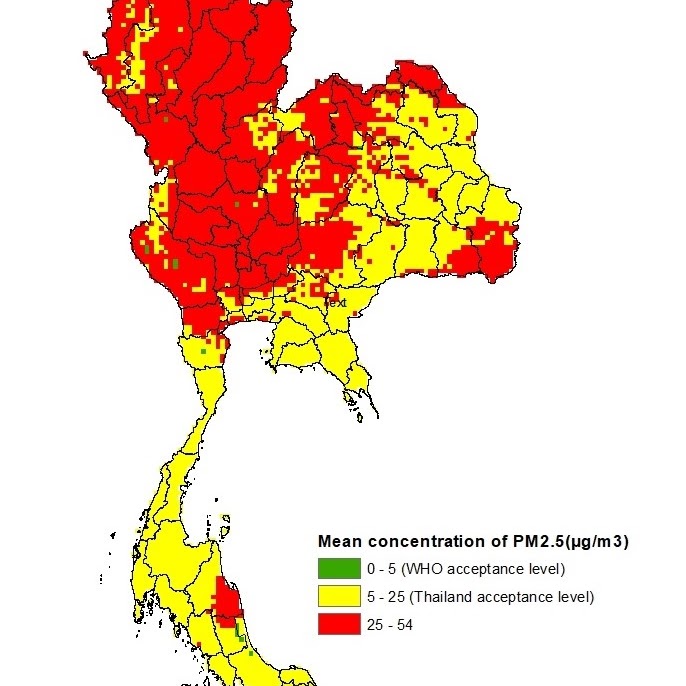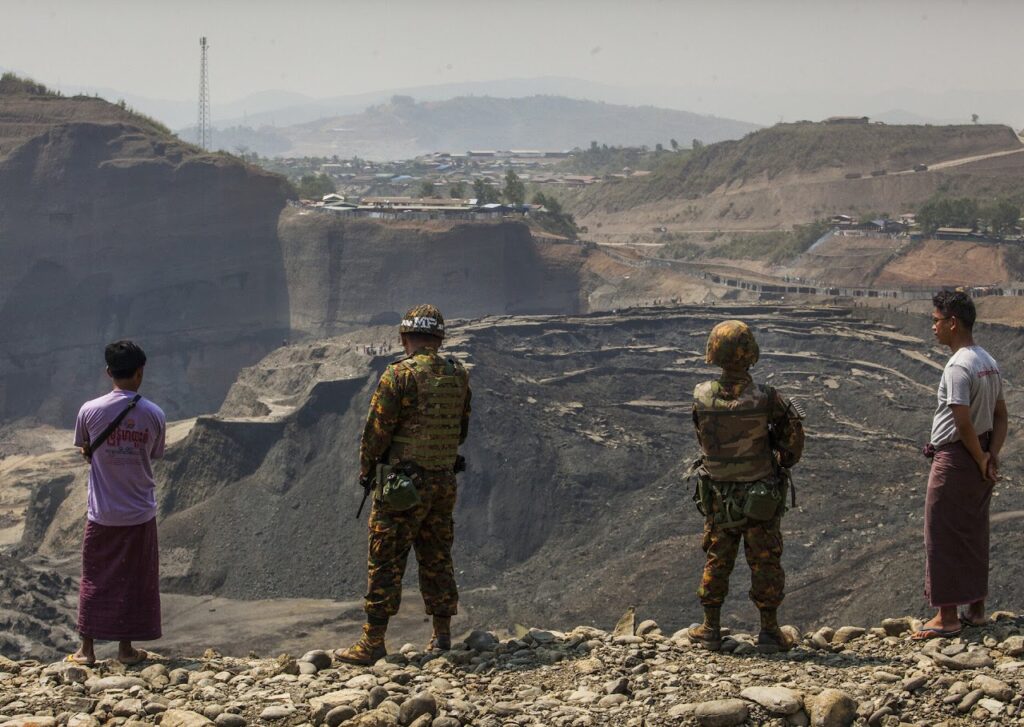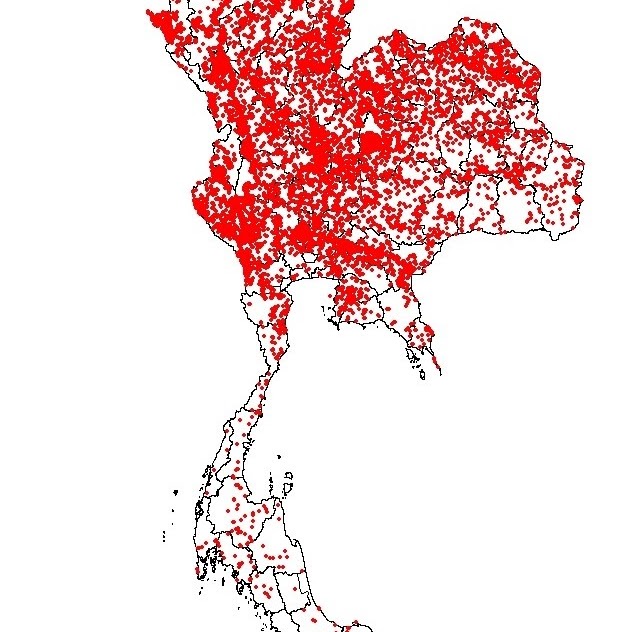Research
What a Terrible Thing to Waste: Providing a Market-based Alternative to Crop Residue Burning

November 2024, Working Paper | [PDF]
NEUDC Distinguished Paper Award
Abstract: Crop residue burning significantly contributes to air pollution in low- and middle-income countries (LMICs). This paper presents a causal estimate of the capital rental subsidy on crop residue burning. I involve 1,024 farmers in a field experiment with two arms: a control arm and a capital rental subsidy arm. Using high-resolution satellite imagery, I find that the capital rental subsidy reduces crop residue burning. The finding suggests that financial constraints rather than information constraints drive crop residue burning. The effects are concentrated among farmers who faced high financial constraints, but not among those who faced information constraints at baseline. Crop residue burning also decreases among neighbors, indicating that green technology generates significant spillover effects within the village. The results suggest that the capital rental subsidy can be a cost-effective measure to address negative externalities, i.e., air pollution, in the agricultural sector.
Mining Policy Reform and Civil Conflict: Evidence from Myanmar

November 2024, Working Paper | [PDF] | [SSRN]
Revise and Resubmit, Journal of Development Economics
Abstract: This paper examines how a shift towards a less intensive mineral resource extraction policy, brought about by a ban on the issuance of new licenses, affects civil conflict. Using novel spatial data on mining licenses from Myanmar, I compare townships with and without mining licenses before and after the mining reform. I find that the mining ban reduces the frequency and intensity of conflicts. The effects are stronger in ethnic homelands, poor townships, and remote regions. I then investigate a plethora of potential channels of transmission. My findings highlight the role of the opportunity cost of conflict, rapacity effect, economic deprivation, and political exclusion in linking natural resources to conflict.
Effects of Biogas Power Plants on Agricultural Fires: Evidence from Thailand

November 2024, Working Paper | [PDF]
Abstract: Agricultural burning is a significant contributor to air pollution and its associated health costs in low- and middle-income countries. This study investigates the effect of opening biogas power plants on agricultural burning. Using the staggered arrival of biogas power plants from 2001 to 2023 in Thailand, I compare agricultural fires near operational plants (treated group) with those near plants that have not yet been operated (control group). I find a 10% drop in agricultural fires in treated areas after the opening of biogas power plants. In addition, I utilize novel administrative data on land use to explore the effects of the opening of a plant on different types of fire and find a drop in sugarcane fires, but not rice fires. Furthermore, the results show a reduction in local PM2.5 pollution, as well as in nearby urban centers and downwind areas after the opening.